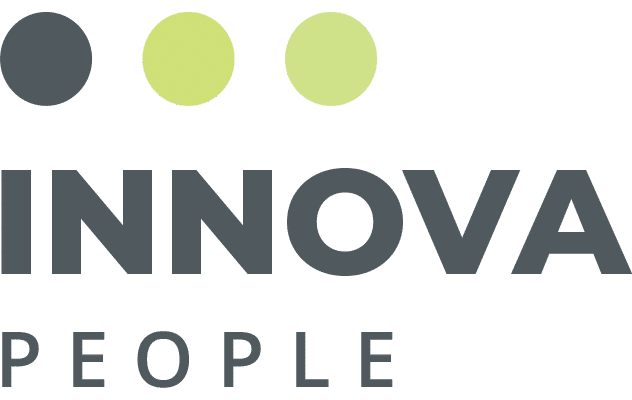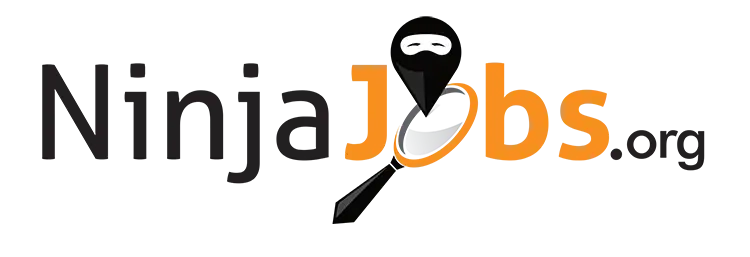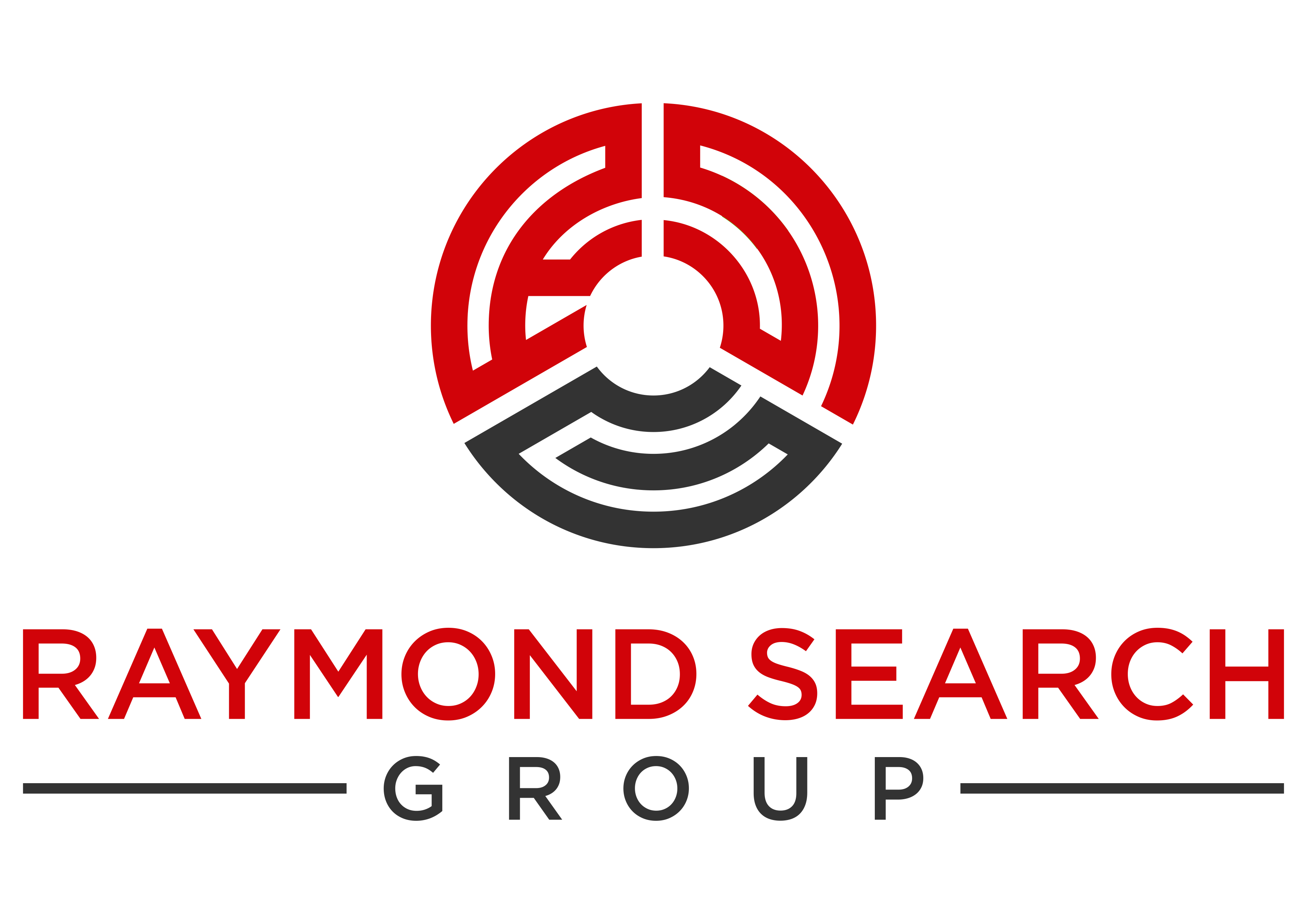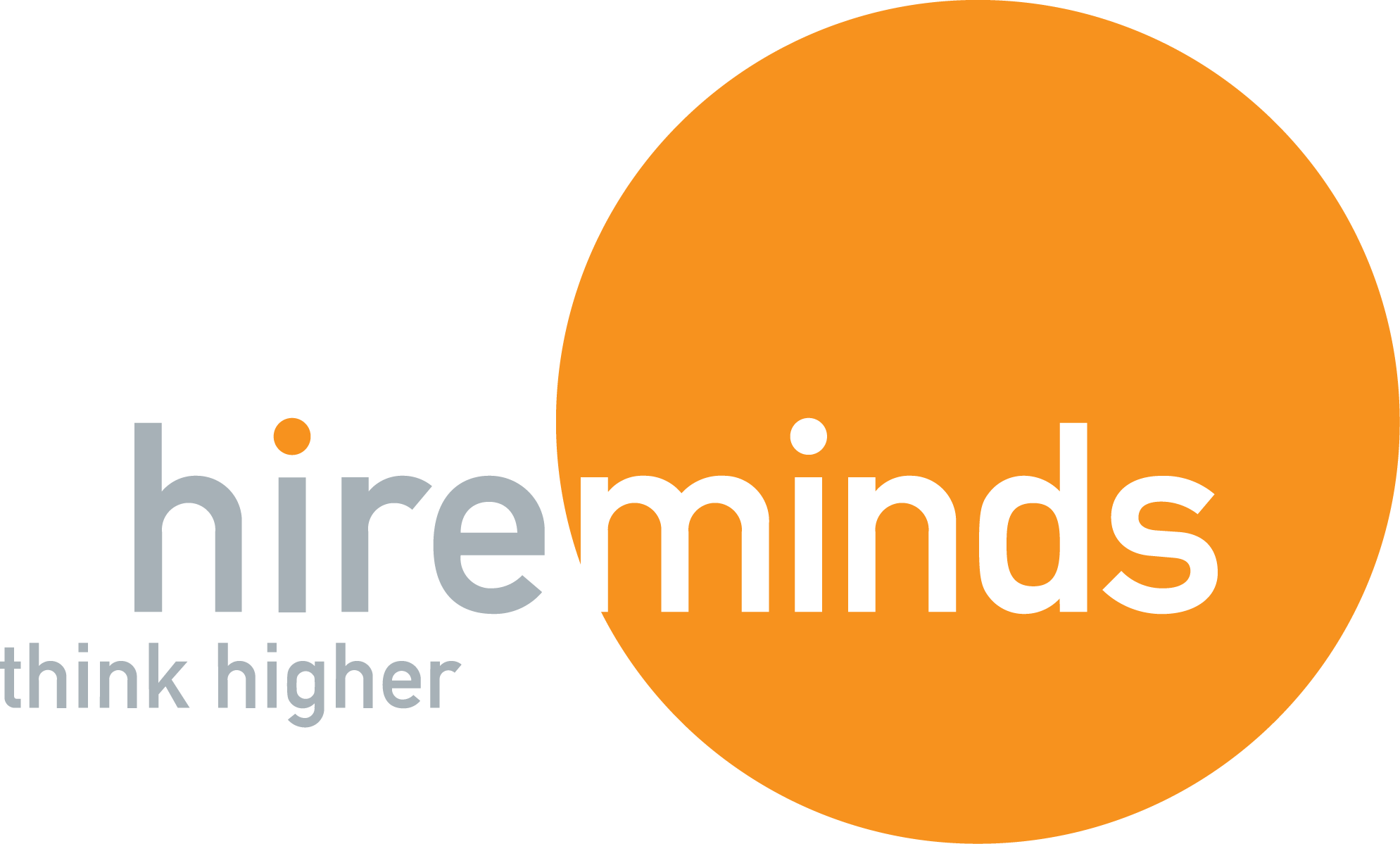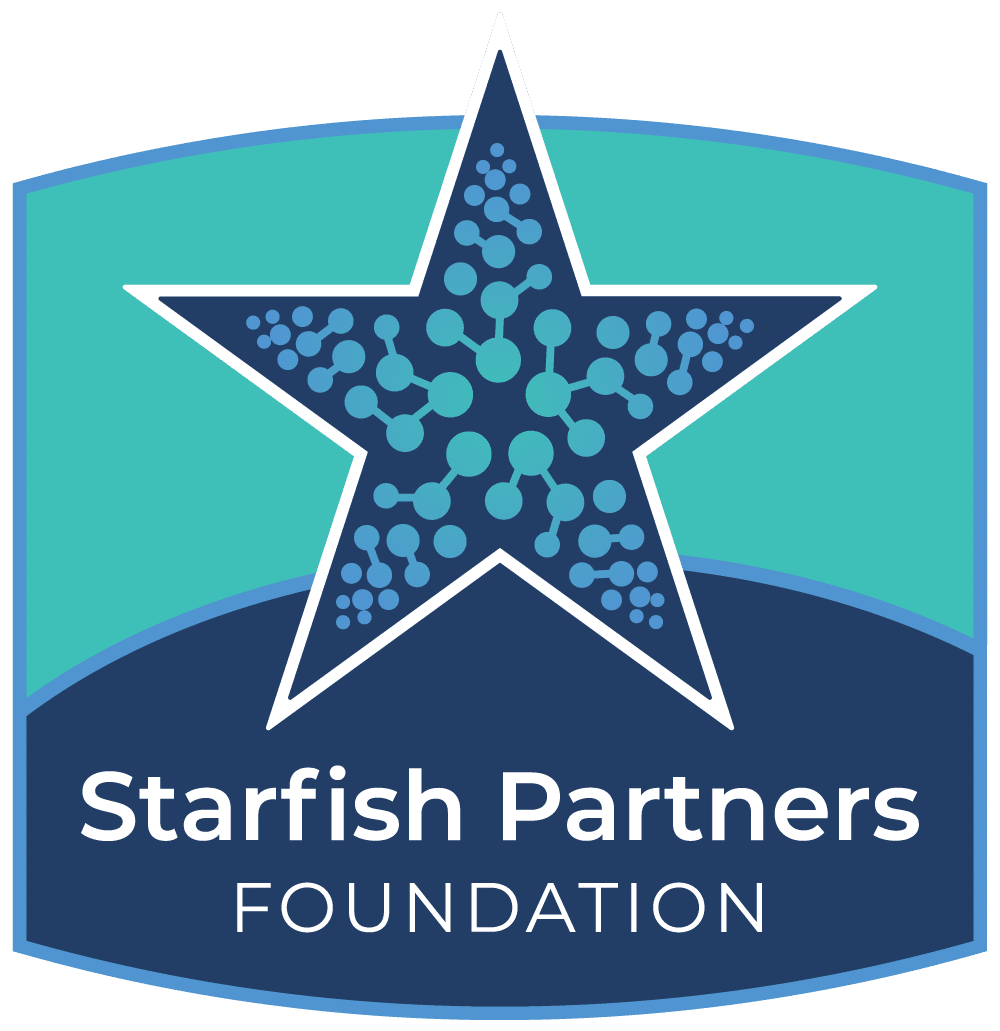
July 8, 2021
By Celeste Gable, Marketing Coordinator
Think of personality tests as a sneak peek into the mind of your employees. Discover their work ethic, learning style, approach to conflict, and their workplace hierarchy. While there is no definitive science behind personality tests, it is an interesting, unique way to discover how candidates can be a fit for your company. But not all personality tests are the same, so which one could be beneficial for you to apply to your onboarding process? Discover the 3 most popular personality tests and how you can apply them to your workplace culture.
Myers-Brigg Type Indicator Test
Myers-Brigg classifies people into four different types of psychological classifications based on the 1920s research of Dr. Carl Jung. It categorizes a person as either (1) an Extrovert or an Introvert; (2) Sensing or Intuitive; (3) a Thinker or a Feeler; and (4) Judging or Perceiving. After a series of questions, your personality is coded into a unique combination of 4-letter classification. A short description follows your coded classification that can clue potential employers into how you learn and how you come to conclusions.
Enneagram
The Enneagram test is based on the Enneagram personality theory, which classifies personalities into 9 types: the reformer, the helper, the achiever, the individualist, the investigator, the loyalist, the enthusiast, the challenger, and the peacemaker. This test is helpful to understand how members of a team will work.
Big Five Personality Test
The Big Five Personality Test is a useful tool for discovering and understanding strengths and weaknesses in the workplace. After rating a series of statements about how applicable and true they are to you, you receive a percentage score on all 5 of the personality traits: openness, conscientiousness, extraversion, agreeableness, and neuroticism.
How does this affect your culture?
Through assessments like personality tests, you can examine how your people shape your culture. By utilizing these tests, you can communicate more effectively and minimize conflict. It can also benefit your employees by allowing them to understand who they are and what they need to thrive. However, it is not effective to evaluate potential candidates on only their personality test results. Having candidates take job-related skills assessments, behavioral-based assessments, and leadership skills assessments in addition to the personality tests can more accurately match you with your perfect candidate. DRI partners with organizations like PRADCO, a talent, development and management company who offers assessments to clients, as a part of our retained search model, Direct Retention. Read more about our partnership with PRADCO and their organization through this Thought Leader Interview with PRADCO VP of Consulting Services, James Lundquist.

